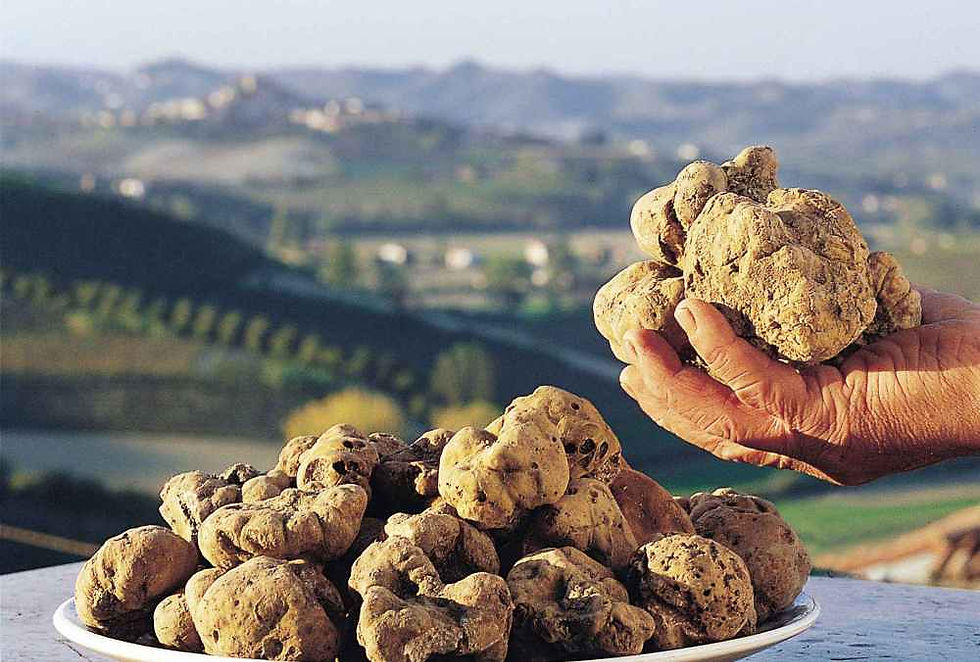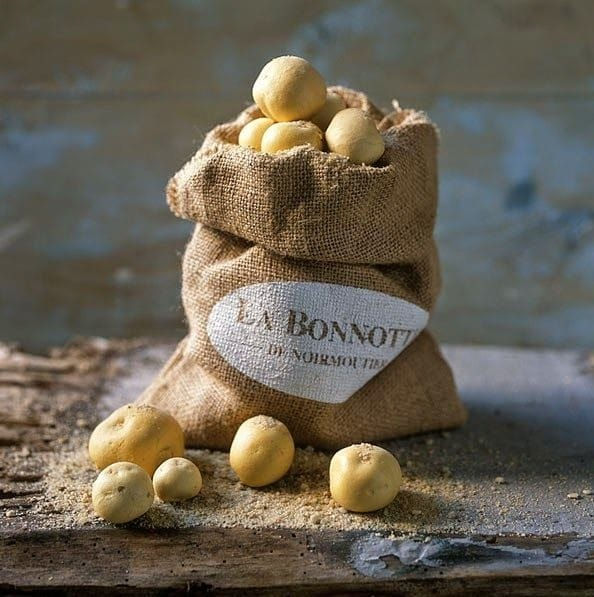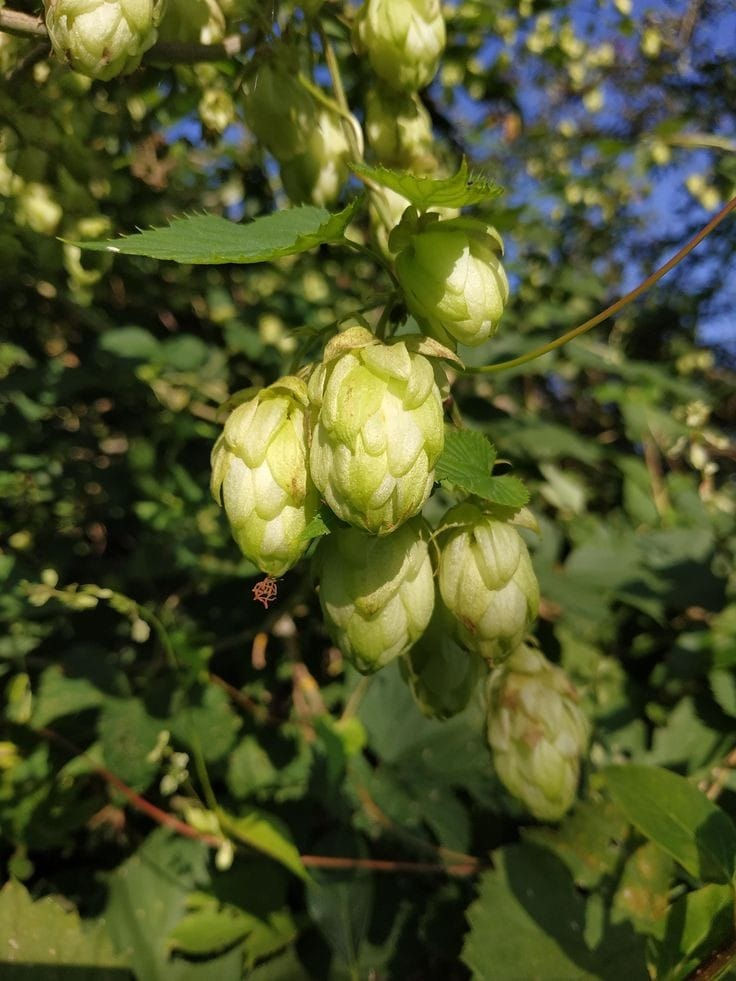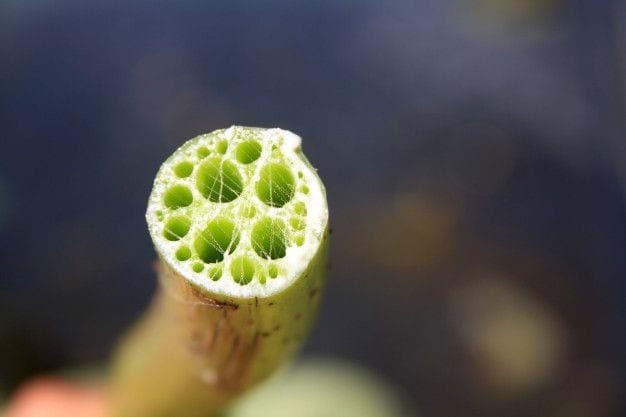Pure Indulgence: The World’s Most Expensive Vegetarian Foods
- Chirag Gupta

- Nov 9, 2024
- 4 min read

When we think of luxury food, images of caviar, aged steaks, or rare seafood might come to mind. But the vegetarian world has its own hidden treasures-foods that are so rare, exotic, and meticulously cultivated that they rival the price of gold. From spices that were once used as currency to mushrooms that grow only in untouched forests, these vegetarian ingredients prove that plant-based eating can be just as indulgent and exclusive as anything else. Join us as we explore the fascinating, luxurious world of the most expensive vegetarian foods on the planet and uncover what makes each of them so valuable..
1. Saffron - The Golden Spice

Price: Up to $5,000 per pound (₹4,15,000 per pound)
Why It’s Expensive: Saffron is the world’s most expensive spice, and for good reason. It’s harvested from the delicate red stigmas of the Crocus sativus flower, with each flower producing only three tiny stigmas. To make one pound of saffron, it takes around 75,000 flowers and hours of careful handpicking. This labor-intensive process, combined with its unique flavor and vibrant color, makes saffron a prized ingredient in dishes from risottos to desserts.
Fun Fact: Saffron has been used for over 3,000 years and was once worth more than gold by weight in ancient cultures.
2. Yubari King Melon (Japan)

Price: Up to $30,000 for a pair at auction (₹24,90,000 for a pair at auction)
Why It’s Expensive: This Japanese melon, grown exclusively in the city of Yubari on Hokkaido Island, is known for its perfect round shape, smooth rind, and incredibly sweet, juicy flavor. The melons are meticulously cultivated with strict quality controls, and only the best are selected for auction. Considered a luxury gift in Japan, a pair of Yubari melons can fetch tens of thousands of dollars.
Fun Fact: Yubari melons are often given as prestigious gifts in Japanese culture, symbolizing respect and appreciation.
3. White Truffles (Italy)

Price: Up to $4,000 per pound (₹3,32,000 per pound)
Why It’s Expensive: White truffles, native to Italy’s Alba region, are among the rarest and most expensive truffles due to their elusive nature. They can’t be cultivated and only grow in specific regions under oak trees, making them highly seasonal. Foraging for truffles requires specially trained dogs, and their short shelf life only adds to the allure and cost of this prized fungus. Their earthy, pungent aroma elevates everything from pasta to risotto.
Fun Fact: In Italy, an annual White Truffle Festival celebrates this rare delicacy, where truffles are auctioned for thousands of dollars.
4. Matsutake Mushrooms (Japan)

Price: Up to $1,000 per pound (₹83,000 per pound)
Why It’s Expensive: Matsutake mushrooms are highly prized in Japanese cuisine for their unique, spicy aroma and earthy taste. They’re challenging to harvest since they grow only in specific types of forests and cannot be easily cultivated. Due to deforestation and natural threats to their habitat, matsutake mushrooms are becoming increasingly scarce, driving up their price.
Fun Fact: Matsutake mushrooms symbolize prosperity and are often given as gifts during Japan’s autumn harvest festivals.
5. La Bonnotte Potatoes (France)

Price: Up to $300 per pound (₹24,900 per pound)
Why It’s Expensive: La Bonnotte potatoes are cultivated only on the small island of Noirmoutier in France. The island’s unique climate and soil, fertilized with seaweed, give these potatoes a delicate, almost sweet flavor. They’re hand-harvested only once a year, making them a rare and coveted crop. Their scarcity and labor-intensive production process contribute to their high cost.
Fun Fact: La Bonnotte potatoes are traditionally harvested by hand to prevent any damage, preserving their delicate skin and texture.
6. Hop Shoots (Europe)

Price: Up to $1,000 per pound (₹83,000 per pound)
Why It’s Expensive: Hop shoots are the tender, young tips of the hop plant, used in brewing beer but also celebrated as a seasonal delicacy. They are extremely labor-intensive to harvest, as each tiny shoot must be gathered by hand. Hop shoots are prized for their earthy, asparagus-like flavor and are often served in fine restaurants across Europe.
Fun Fact: Hop shoots have been dubbed “Europe’s most expensive vegetable” due to their rarity and the skill required to harvest them.
7. Lotus Stem (Kamal Kakdi) (India)

Price: Up to $50 per pound in luxury markets (₹4,150 per pound)
Why It’s Expensive: The lotus stem is prized in India and Southeast Asia for its crunchy texture and mildly sweet taste. It grows in muddy water, making harvesting challenging. The stems are difficult to find in top quality, which drives up their cost, especially when they’re exported to high-end international markets.
Fun Fact: The lotus stem has been used in Ayurvedic medicine for centuries, believed to offer numerous health benefits.
Curious to know more? Here are a few fun questions to test your knowledge:
Which luxury spice requires 75,000 flowers to produce just one pound?
Why are Yubari King melons so expensive in Japan?
What makes white truffles particularly hard to find and harvest?
In which country are La Bonnotte potatoes cultivated under unique conditions with seaweed?
Known as “Europe’s most expensive vegetable,” what seasonal plant is famous for its tender, asparagus-like flavor?
These extraordinary vegetarian foods show that luxury can be found in the most unexpected places-from the depths of quiet forests to carefully tended fields. Each of these ingredients reflects a combination of rarity, cultural heritage, and painstaking effort, elevating them to coveted status across the globe. Whether they’re used to enhance gourmet dishes or gifted as symbols of respect, these luxurious foods celebrate nature’s abundance and remind us that sometimes, the simplest ingredients hold the most incredible stories. Would you be tempted to try any of them?



Makhana is also part of Lotus stem which is abundant in nutrients
I always thought expensive foods were mostly meats or seafood, but this shows how fascinating plant-based ingredients can be. I’d love to try saffron one day and experience its true flavor in a dish.
Really great content,and seems so nice and eye-catching 👏 great work 👏
very interesting